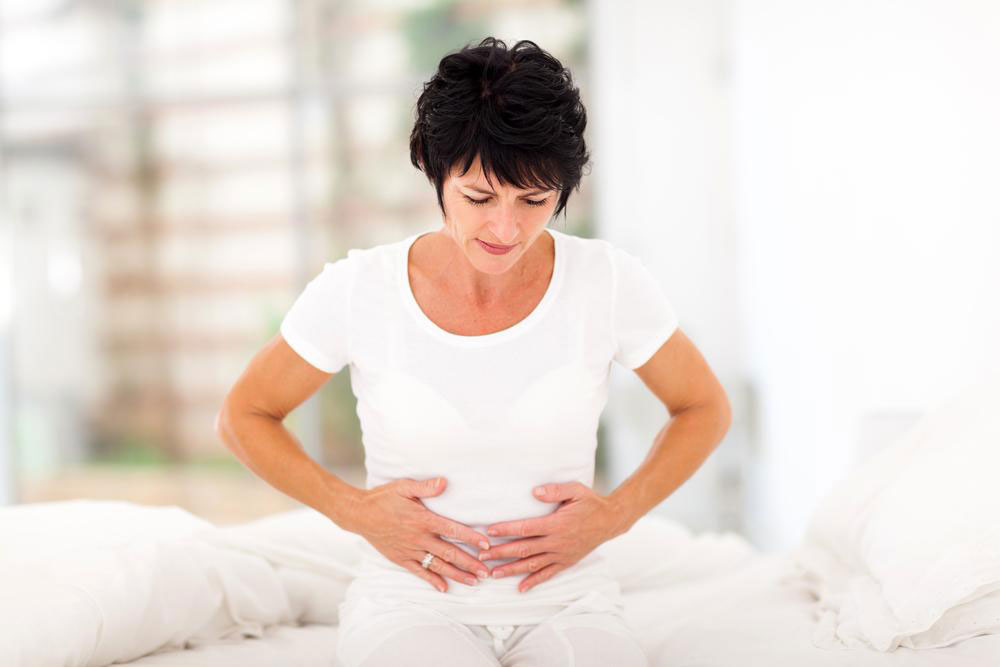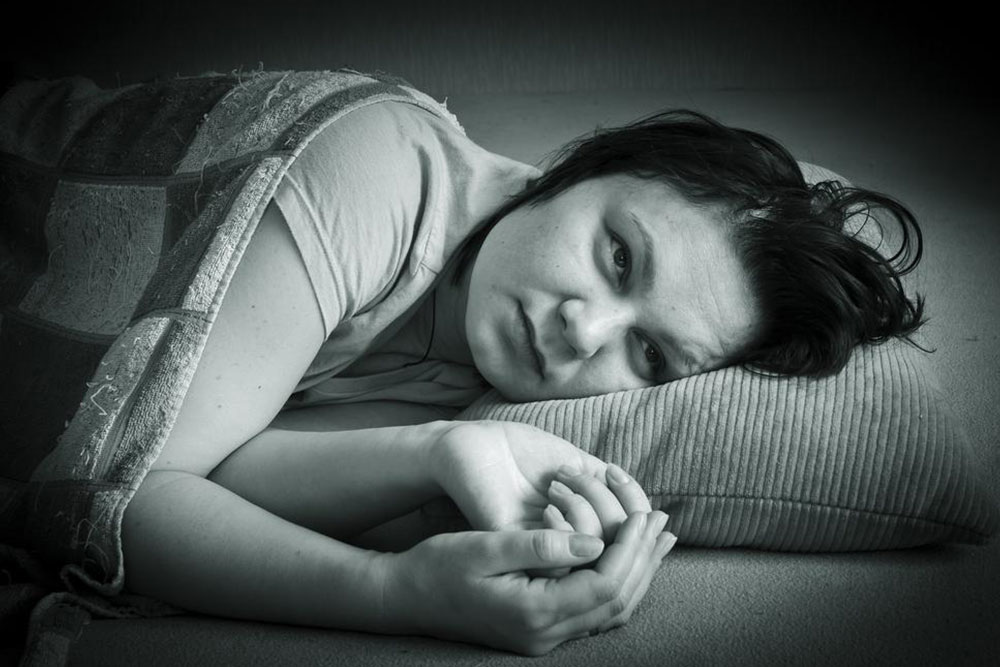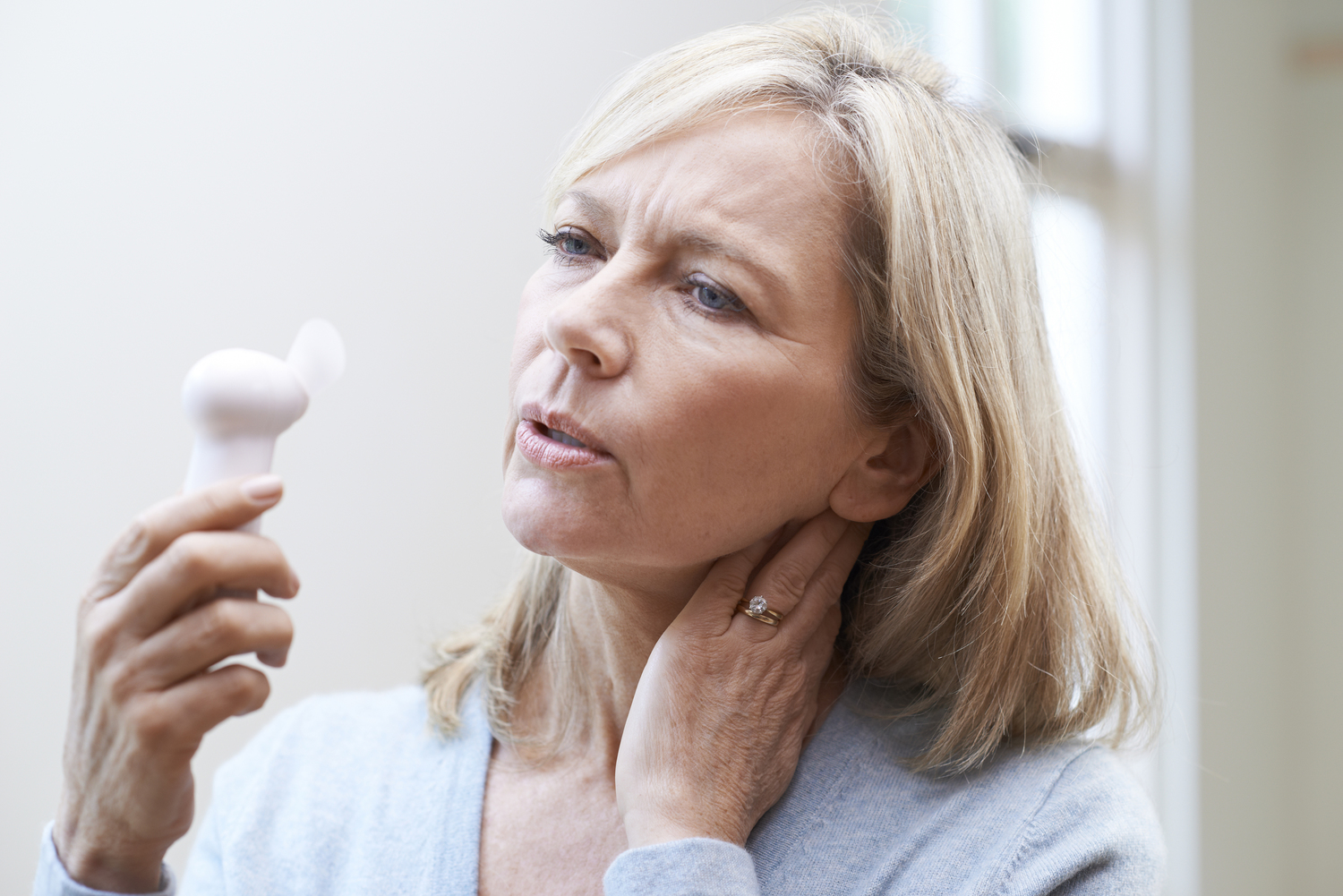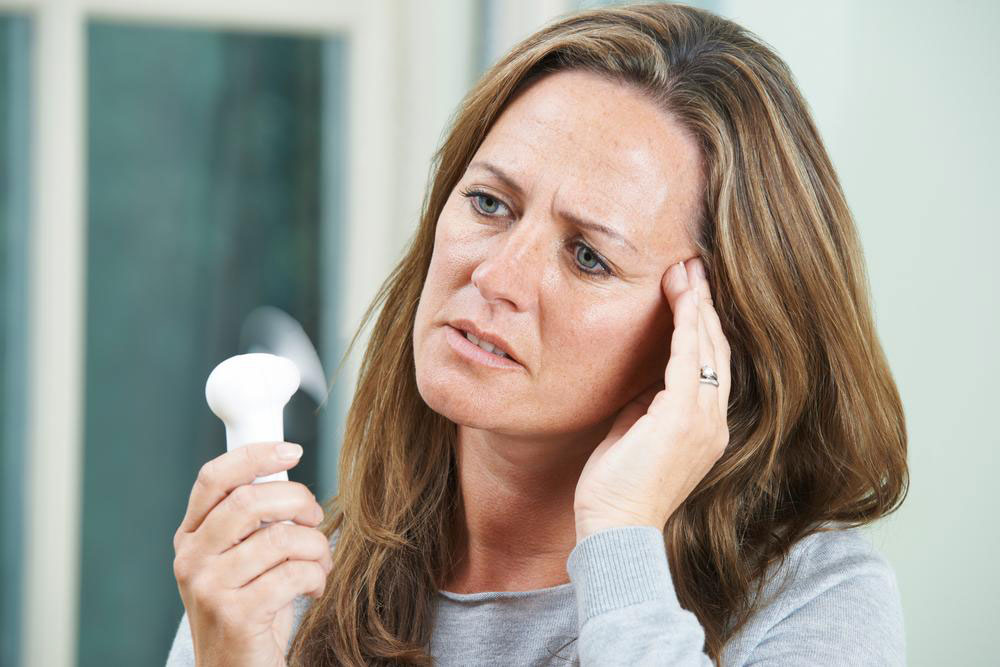Comprehensive Approaches to Managing Menopausal Night Sweats for Better Sleep
Menopausal night sweats are a common challenge that disrupts sleep and daily life. This comprehensive guide explores the causes, including hormonal fluctuations, and offers practical strategies such as relaxation techniques, lifestyle modifications, diet tips, and environmental adjustments. Medical options are also discussed for persistent symptoms. By understanding the underlying mechanisms and implementing targeted approaches, women can effectively manage night sweats, improve sleep quality, and enhance overall well-being during menopause.

Comprehensive Approaches to Managing Menopausal Night Sweats for Better Sleep
Menopause is a natural phase in a woman's life that often comes with a variety of physiological changes, among which night sweats are one of the most disruptive symptoms. Many women report experiencing frequent episodes of unexpected sweating during sleep, which can severely impact sleep quality and overall daily functioning. While night sweats can be caused by various health issues such as infections, adverse reactions to certain medications, cardiovascular problems, hypertension, or even cancers, menopause remains one of the most common underlying causes. Understanding the mechanisms behind menopausal night sweats and exploring effective management strategies are crucial steps towards improving comfort and quality of life during this transitional period.
Understanding the Root Causes of Menopausal Night Sweats
The primary driver of night sweats during menopause is hormonal fluctuation, particularly the significant decline in estrogen levels. Estrogen plays an essential role in regulating the body's temperature control system housed within the hypothalamus, a region in the brain responsible for maintaining internal body temperature. As estrogen levels drop, the hypothalamus becomes more sensitive to minor fluctuations in body temperature, perceiving them as overheating and triggering the body's cooling response, which manifests as sweating. This process results in episodes of intense sweating during sleep, often accompanied by hot flashes that disrupt rest.
In addition to hormonal changes, other factors may exacerbate night sweats, such as lifestyle habits, environmental conditions, and overall health status. For example, external heat sources, spicy foods, caffeine, or stress can intensify symptoms. Recognizing that night sweats are multifactorial helps women and healthcare providers develop tailored strategies to mitigate their impact effectively.
Effective Strategies for Managing Menopausal Night Sweats
Managing night sweats caused by menopause requires a multifaceted approach, combining lifestyle modifications, environmental adjustments, and possibly medical interventions. Here are some proven strategies:
Implement Relaxation and Stress Reduction Techniques
Stress can compound hot flashes and night sweats. Incorporating relaxation practices such as deep breathing exercises, meditation, or yoga can help calm the nervous system and reduce the frequency and severity of hot flashes. Practice these techniques before bedtime or whenever you wake up feeling overheated. Relaxation not only helps manage hot flashes but also promotes a more restful sleep cycle, making it easier to fall back asleep after night sweats.
Maintain Regular Physical Activity and a Healthy Weight
Engaging in regular moderate exercise, such as walking, swimming, or cycling, has been shown to decrease the incidence of hot flashes and night sweats. Physical activity helps regulate hormonal levels, improve overall cardiovascular health, and aid in weight management. Excess body fat can trap heat, making hot flashes worse, so maintaining a healthy weight is beneficial. Additionally, staying active can boost mood and sleep quality, further alleviating menopausal symptoms.
Adjust Your Diet for Better Comfort
Dietary choices can influence hot flash frequency. Consuming cooling foods such as leafy greens, fruits, and whole grains can help reduce body heat. Conversely, it's advisable to limit or avoid spicy foods, caffeine, alcohol, and processed sugars, which may trigger or worsen hot flashes. Incorporating phytoestrogen-rich foods like soy products can provide mild estrogenic effects, offering some relief for hormonal symptoms, although consult your healthcare provider before making dietary changes.
Create a Sleep-Friendly Environment
Thermal comfort is key to minimizing night sweats. Use fans or air conditioning to keep the bedroom cool and well-ventilated. Wearing loose, breathable fabrics like cotton or linen pajamas can help dissipate heat and absorb moisture, preventing skin irritation and discomfort during sleep. Using moisture-wicking bedding and keeping the room temperature between 60-67°F (15-19°C) is generally recommended to promote restful sleep without triggering hot flashes.
If lifestyle modifications and environmental adjustments are insufficient to control night sweats, consulting a healthcare professional is essential. They may prescribe medications such as antidepressants, anticonvulsants, or hormonal therapies, which can significantly reduce hot flashes and improve sleep quality. It's important to remember that night sweats may sometimes be related to underlying health issues beyond menopause. If symptoms persist or are accompanied by other unusual signs like irregular heartbeat, weight changes, or mood swings, seek medical advice promptly to obtain a proper diagnosis and tailored treatment plan.
In conclusion, while menopausal night sweats can be challenging, adopting a comprehensive approach that combines relaxation techniques, lifestyle changes, dietary adjustments, and optimal sleep environment management can provide significant relief. Professional medical guidance can further enhance these efforts, ensuring women navigate menopause more comfortably and maintain a good quality of life throughout this natural life transition.





